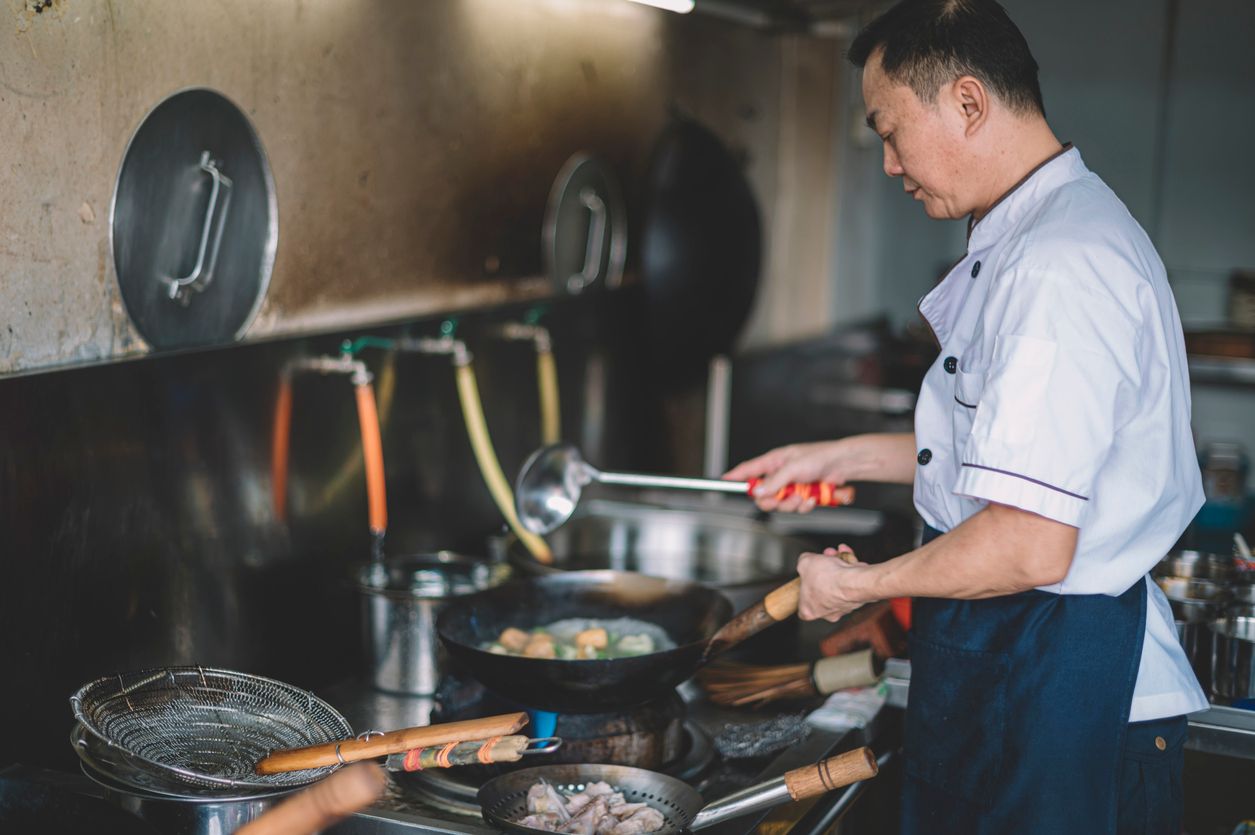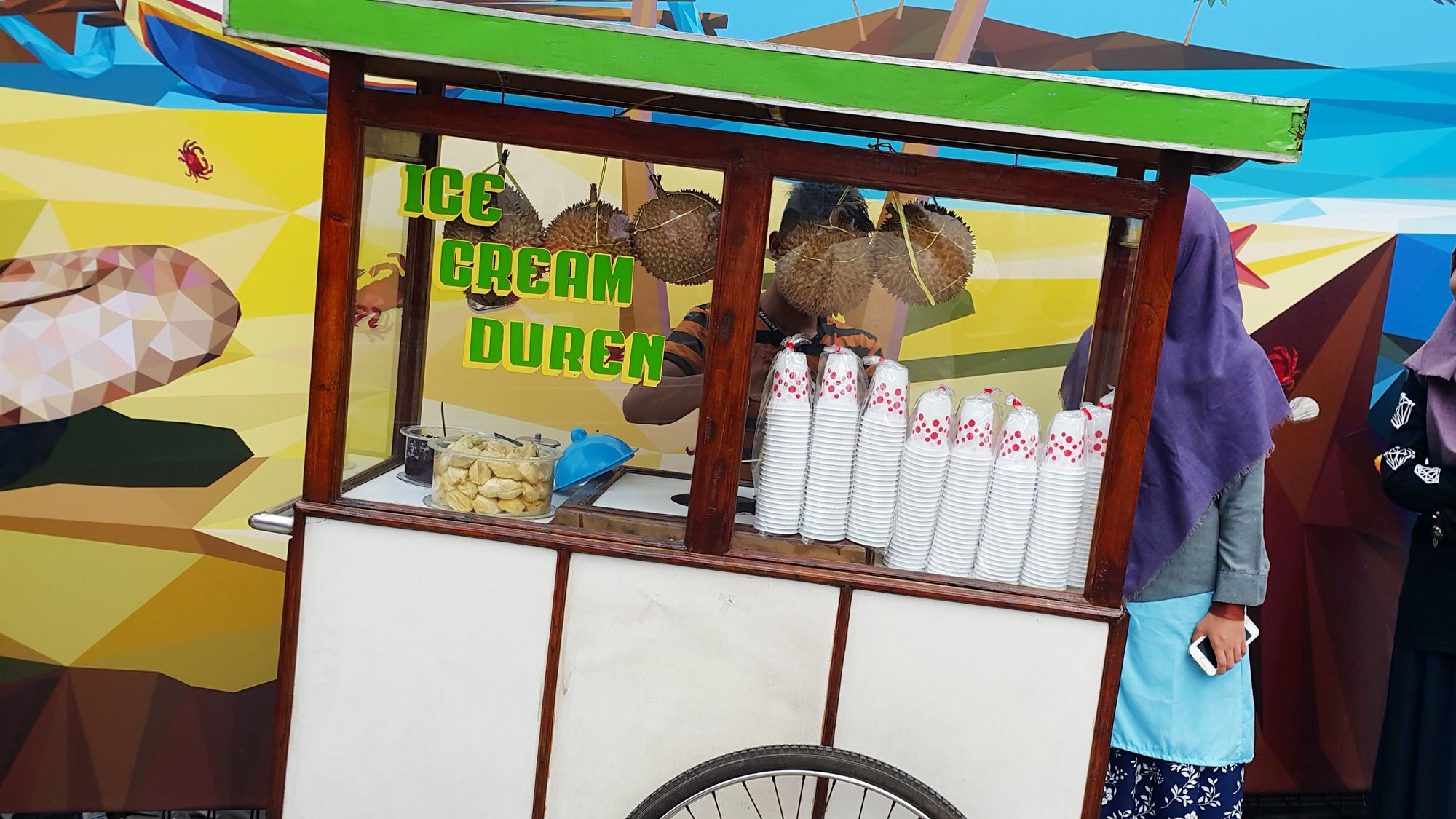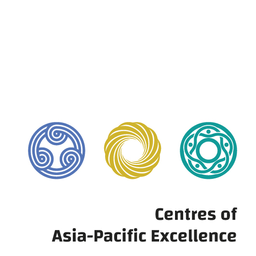A cross-cultural view of entrepreneurship
Tourism and hospitality are global industries but some ingredients for promoting entrepreneurship are local; this makes cross-cultural research essential, says tourism and hospitality academic, Dr Craig Lee.

Tourism and hospitality are global industries but some ingredients for promoting entrepreneurship are local; this makes cross-cultural research essential, says tourism and hospitality academic, Dr Craig Lee.
“Innovation is not necessarily an ingredient for business success,” says Dr Craig Lee, a Senior Lecturer in the University of Otago’s Department of Tourism. While this statement may seem bold and counter to prevailing wisdom, it’s an observation firmly grounded in Dr Lee’s lived cross-cultural experience.
Malaysian-born and raised, Dr Lee worked for several years in his home country’s hospitality industry before entering academia in search of ways to promote change. “I’ve spent a lot of time in operations in hotels and in food and beverage businesses,” says Dr Lee, “but I always felt there was more I could do. I had ideas but they were up against the rigid nature of the industry.”
Dr Lee’s cultural background and insider industry knowledge led him to a key observation—many Malaysian food and beverage companies succeeded by doing the same thing for decades, but doing it extremely well.
“Quite often the measure of a product’s popularity is about a company having a strong tradition. A key ingredient for business longevity is producing the same product for decades with a reliable flavour and service, as this is what customers appreciate.”

It wasn’t until he moved to Adelaide for his postgraduate studies that Dr Lee encountered a food and beverage landscape where novelty had a fair go against the tried and true. “In Australia, people are open to trying new things. They want to be surprised. They want new ideas and new products. But business that don’t try new things tend to stagnate.”
Instead of focussing on oft-analysed consumers, Dr Lee wanted to know more about the business owners trying to innovate in an ever-changing market. He focussed his PhD thesis on independently-owned small to medium-sized businesses in the café and restaurant industry, and sought to understand “what makes the process of innovation both successful and challenging.”
Reciprocating with industry intelligence
It was while conducting research with restaurant entrepreneurs that Dr Lee began to hone one of his key strengths: designing and administering quantitative and qualitative surveys that dig into what makes an industry tick. As it turned out, it was this core research skill that led him to his current path of designing research tools for different cultural contexts.
Initially, Dr Lee used online surveys to gather data from business owners, as well as following up with in-person interviews to further deepen the findings.
“The business owners I interviewed told me what they value most is information. They wanted business intelligence, but it’s very difficult to find information about their industry because there’s little or no reporting and they don’t collate or pool their data. I recognised how difficult this was and I empathised with them.”
Dr Lee felt accountable to his interviewees who were offering him one of their most precious assets: time. He knew he wanted to give back and fortunately he had the tools to do exactly that. At the conclusion of his PhD, he presented each restaurant entrepreneur with a report summarising his findings, an overview of the industry, and further suggestions for enhancing performance and innovation. Yet, he saw there was more to do as a different knowledge gap came into his focus.
Understanding entrepreneurship across cultures
As finely tuned as the research tools are in a Western market, Dr Lee sees limitations in their applicability across cultures. “I’m still very much doing entrepreneurship and innovation research in a Western, neo-liberal, and capitalist setting." Here, he says, people get into business for profit maximisation, which is equated with success in a way that is not as universal as might be assumed.
"When you think about entrepreneurship in different cultures, for example in Southeast Asia, it opens your eyes because the motivations are very different - entrepreneurship can be about community, family, or faith. It’s not necessarily a capitalistic agenda. So, the Western model of research may not work.”
As an example, Dr Lee cites the work of his colleague and former PhD student Dr Taufik Abdullah, whose thesis on street food vendors in Bandung, Indonesia demonstrated how research on entrepreneurship needs to cut across different contexts, re-evaluate Western and capitalist notions of fiscal success, and generally be more nuanced.

“Our understanding of entrepreneurship or innovation can break down when placed in another context,” says Dr Lee.
“It’s critically important to recognise this because if I’m a New Zealand entrepreneur and I need to do business with Southeast Asia, or come up with policies that facilitate cross-cultural exchange, I need to understand those differences.”
Cross-cultural toolkits for business research
“The future of the field needs cross-cultural research about how different parts of the world understand business and entrepreneurship,” emphasises Dr Lee. This brings us back to his assertion that innovation is not always the key to success, whether in business or otherwise. “Even in academia, novelty is valued above all,” he explains. “It sounds elementary, but we also need to value repetition - doing the same research in different settings to see how the answers might change. Without repetition, we won’t know whether new findings hold true in multiple settings. For me, it’s important to explore the same things in different cultural contexts.”
Dr Lee’s own journey within the hospitality industry, one that has taken him from Malaysia to Australasia, is testament to just how differently cultures define business success: for one it lies in familiarity, for another in novelty and innovation. It’s this first-hand experience that has led Dr Lee to seek out new ways of researching about business.
Ultimately, Dr Lee wants to develop a “flexible toolkit” capable of finding solutions to research problems across different contexts, and in turn assist cross-cultural business.
“Some tenets are universal and global. But because the way of understanding innovation is different between, say, New Zealand and Indonesia, we need to be able to easily add or change elements of our research designs.”
Dr Lee is excited as he looks to a future of diverse entrepreneurship and innovation in tourism and hospitality. He is confident that his research, as well as that of his students, will mirror the range of social and ethnic diversity within it. “As researchers we will be more effective because we’ll have a toolkit with multiple tools able to supply answers across different settings."
Find out more:
Craig Lee, Rob Hallak, Shruti R. Sardeshmukh, Innovation, entrepreneurship, and restaurant performance: A higher-order structural model, Tourism Management, Volume 53, 2016
Craig Lee, Shruti R. Sardeshmukh & Rob Hallak, A qualitative study of innovation in the restaurant industry, Anatolia, 27:3, 2016
Taufik Abdullah, Craig Lee, Neil Carr, Defining success and failure in the hospitality industry's microenterprises: A study of Indonesian street food vendors, International Journal of Hospitality Management, Volume 109, 2023
* Quotes in this article may have been edited for clarity and brevity. The views expressed in this article do not necessarily represent the views of the Centres of Asia-Pacific Excellence.




